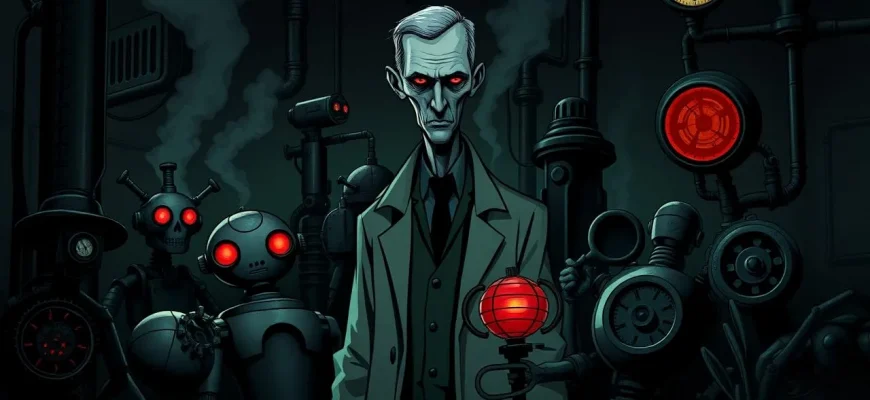Delve into the macabre world where science and horror intertwine with this curated list of films featuring inventors whose creations lead to terrifying consequences. These movies not only provide spine-tingling entertainment but also offer a cautionary tale about the perils of unchecked ambition and the ethical boundaries of scientific exploration.
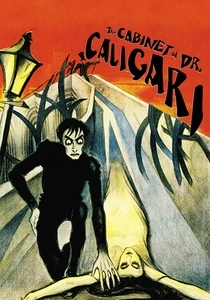
The Cabinet of Dr. Caligari (1920)
Description: Dr. Caligari, a mysterious showman, uses a somnambulist to commit murders, showcasing early psychological horror through expressionist visuals. This film is a landmark in horror cinema.
Fact: It's one of the earliest examples of German Expressionist cinema. The film's sets and lighting were designed to reflect the characters' inner turmoil.
 Watch Now
Watch Now
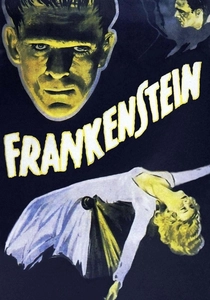
Frankenstein (1931)
Description: This classic horror film features Dr. Frankenstein, an inventor who creates life from death, leading to disastrous results. It's a cornerstone of horror cinema and perfectly encapsulates the theme of an inventor's hubris.
Fact: The film was initially banned in several countries due to its shocking content. Boris Karloff, who played the Monster, was paid $750 per week for his role.
 Watch Now
Watch Now
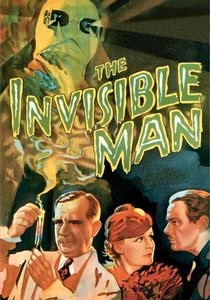
The Invisible Man (1933)
Description: Dr. Jack Griffin, an inventor, discovers a way to make himself invisible, but the side effects drive him mad. This film delves into the psychological horror of invisibility.
Fact: The film was one of the first to use special effects to depict invisibility. Claude Rains, who played Griffin, was only seen in the final scene of the movie.
 Watch Now
Watch Now
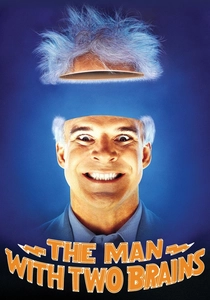
The Man with Two Brains (1983)
Description: Dr. Michael Hfuhruhurr, a brain surgeon, invents a method to transplant brains, leading to comedic and horrific scenarios. This film mixes horror with slapstick comedy.
Fact: The film was directed by Carl Reiner, who also co-wrote the script with Steve Martin. It's known for its absurd humor and inventive plot.
 Watch Now
Watch Now
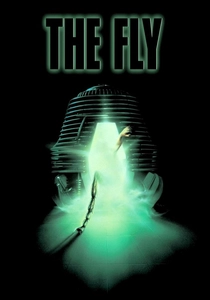
The Fly (1986)
Description: Seth Brundle, a scientist, invents a teleportation device but accidentally merges his DNA with a fly, leading to a grotesque transformation. This film explores the horror of scientific misadventure.
Fact: The film's special effects, particularly the transformation scenes, won an Academy Award. Jeff Goldblum improvised many of his lines, adding depth to his character.
 Watch Now
Watch Now
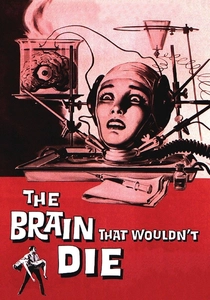
The Brain That Wouldn't Die (1962)
Description: Dr. Bill Cortner, a surgeon, keeps his fiancée's severed head alive while he searches for a new body, leading to a series of horrific events. This film is a B-movie classic.
Fact: The film was originally titled "The Head That Wouldn't Die." It gained a cult following for its campy horror elements.
 Watch Now
Watch Now
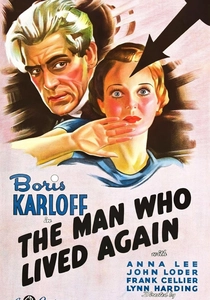
The Man Who Changed His Mind (1936)
Description: Dr. Laurience, a scientist, invents a machine to transfer minds between bodies, leading to terror and ethical dilemmas. This film explores the horror of identity and consciousness.
Fact: Boris Karloff, known for his horror roles, stars as the mad scientist. The film was one of the first to deal with the concept of mind transference in horror cinema.
 Watch Now
Watch Now
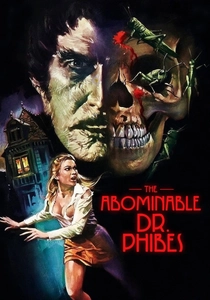
The Abominable Dr. Phibes (1971)
Description: Dr. Anton Phibes, an organist and inventor, uses his mechanical knowledge to enact revenge through elaborate and horrific means. This film blends horror with dark comedy.
Fact: Vincent Price's performance as Dr. Phibes is considered one of his finest. The film was followed by a sequel, "Dr. Phibes Rises Again."
 30 Days Free
30 Days Free
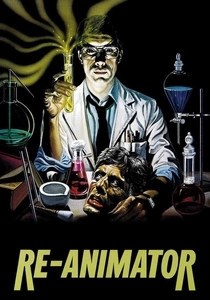
Re-Animator (1985)
Description: Herbert West, a medical student, invents a serum to reanimate the dead, leading to chaos and horror. This film is a cult classic in the horror genre, known for its dark humor and gore.
Fact: The film was inspired by H.P. Lovecraft's story "Herbert West–Reanimator." It was initially rated X due to its graphic content but was later re-rated R.
 30 Days Free
30 Days Free
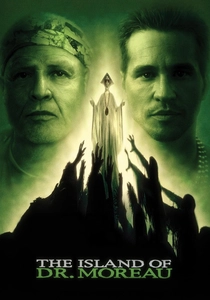
The Island of Dr. Moreau (1996)
Description: Dr. Moreau, a brilliant but mad scientist, creates human-animal hybrids on his isolated island, leading to horrific consequences. This film explores themes of genetic manipulation and ethics.
Fact: The film had a notoriously troubled production, with multiple script changes and director replacements. Marlon Brando's performance was highly eccentric.
 30 Days Free
30 Days Free

